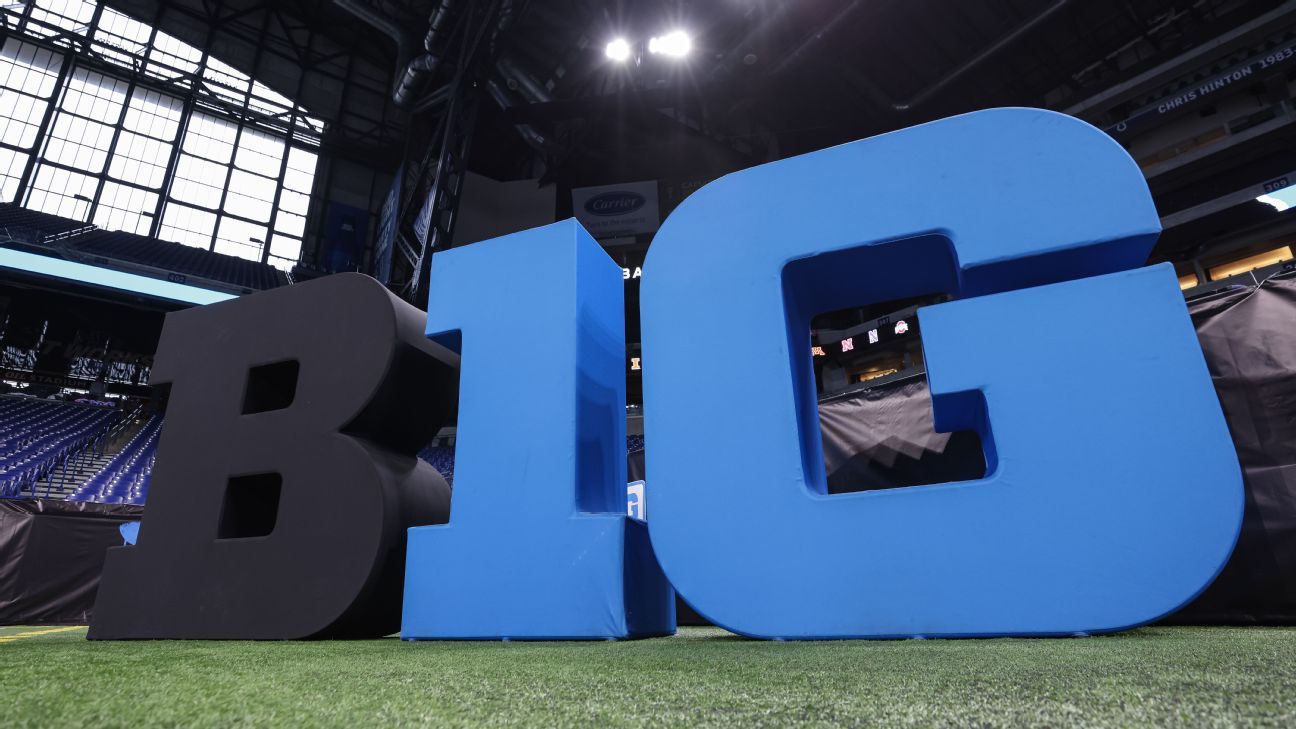You are talking in circles. The Big12 ( and 4 other P5 conferences TODAY) each split around $75-$80M per year. The Big12 split is 10 ways, while other P5 conferences have to split 12 or 14 ways. Notre Dame has own split.Yeah but your numbers still seem pretty strange. Right now, if a Big 12 team goes to the CFP, that nets every Big 12 school $600k. But you're saying that when the CFP expands, every Big 12 school is going to net $10-$15 mill a year. You can see the weirdness in those projections, no?
Then the 4 playoff teams have expenses paid and each conference with teams in Playoff get around $3M for semi & $5M for champ games.
The G5 Conferences in total receive about the same $ as each P5 Conference.
With a 12 team playoff the total payout was expected to increase by $1-$1.4B over a 4 team playoff. The number projected was around $2B annually.
So yes, if you divide $2B by 65 schools that is around $30M per school. That is based on G5 schools not getting a cut.
But if Power Conferences make the rules, who is to say each Power Conference will get an equal split. Or the SEC and Big10 could push for Playoff school conferences to get a bigger cut. Instead of $3-$5M per game, maybe $25-$50M per game.
That could also be a way for ACC, Pac12 and Big12 to counter SEC/Big10. If Oregon could receive $50M reaching semi-final- it might be profitable to be big fish in small pond.



